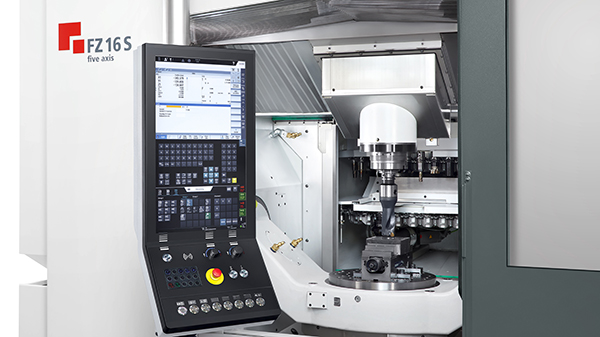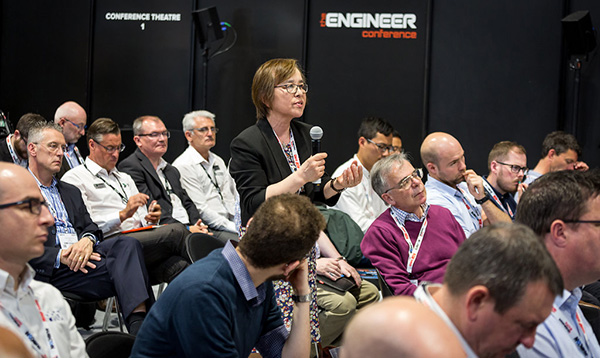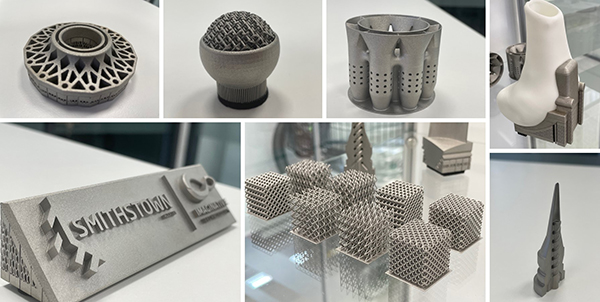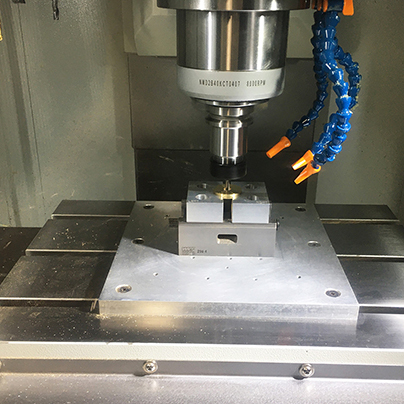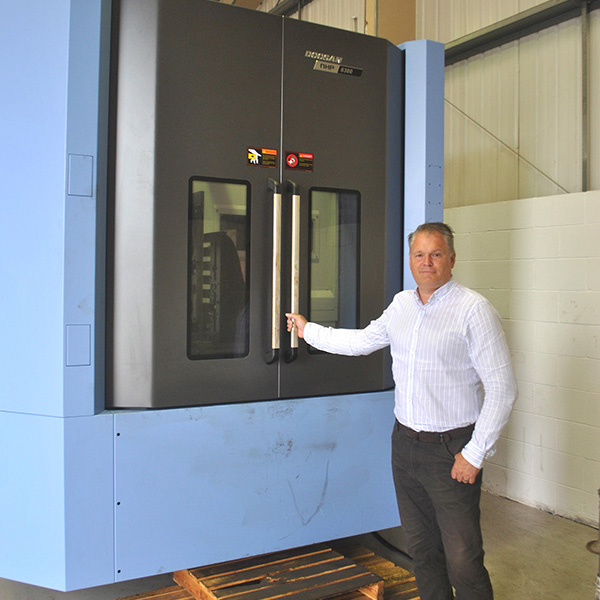
Smithstown Light Engineering, based in Shannon, Ireland, has invested in a Trumpf TruPrint 2000 3D printing system to further enhance its support for the country’s burgeoning medical device industry. The first machine of its type in Ireland, the TruPrint 2000 is now busy producing prototypes and samples for a variety of customers in 17-4 and 316 stainless steel.
Founded in 1974, Smithstown Light Engineering started out with a workforce of four skilled toolmakers. During the early 1990s, the company moved towards specialising in medical device manufacturing and never looked back. Today, Smithstown employs 141 people across three sites, two in Ireland and one in Poland, focusing on the provision of precision-engineered medical device and orthopaedic instrument/implant solutions, typically for hip and knee replacement procedures and cardiovascular delivery devices.

Already offering a range of manufacturing capabilities, including milling, turning, grinding and EDM, Smithstown was keen to add 3D printing to its repertoire, and set about creating an Additive Centre within a recently constructed 30,000 sq ft extension.
“We worked for two years with IMR [Irish Manufacturing Research], a technology and research organisation, to experience 3D printing and get a feel for what it could do in terms of its capabilities, limitations, advantages and disadvantages,” explains managing director Gerard King.
The aim was to provide an additive support role for Smithstown’s medical device customers, specifically with regard to R&D work.
“We looked at many potential machines, before designing our own benchmark and sending it to suppliers of interest,” says Kevin Kelly, manufacturing engineer. “It was the quality of the benchmark produced by Trumpf, using their TruPrint 2000, which caught our attention. In addition, the volume of the machine was perfect for our needs and the price was competitive.”
Smithstown is already using its new TruPrint 2000 to produce printed parts from metal. The company’s new Additive Centre also houses a machine for printing polymer components.

“Additive is ideal for medical work because of the complex geometries involved,” says Kelly. “Without 3D printing, several processes would be required, taking many hours. Additive also offers the potential for individual customisation, which has obvious benefits for products such as implants.”
Since installation, the machine has been busy producing prototypes and samples for medical device customers in 17-4 and 316 stainless steel.
“In the medical sector it can take years to move from the design and test stage, to validated production, but we’re now in a position to help expedite this process and bring customer ideas to life,” explains Kelly. “Upon reaching the production phase of current projects we could well need several 3D printing systems so that we can dedicate machines to a single material. We will not hesitate to invest in more machines if the demand is there.”
With its small 55 µm diameter laser beam, the TruPrint 2000 provides a high-quality printing result that impresses with its surface quality and level of detail. Two Trumpf 300 W fibre lasers deliver high productivity over the entire cylindrical build volume of 200 mm diameter by 200 mm high.
The TruPrint 2000 also enables the industrial processing of amorphous metals. These metals feature exceptional strength combined with high elasticity, corrosion resistance and biocompatibility. Wall thicknesses can then be reduced and bionic structures used in component design, resulting in lower component weight and shorter production time.

Among notable options that help to ensure the highest quality standards is melt pool monitoring. With this function, deviations in the laser metal fusion process are detectable early via sensors, and critical areas of the component can be visualised. Users can also monitor all weld pools in parallel.
Moving forward, Smithstown’s business strategy is to focus more on high-volume precision components, rather than simply tooling and small-batch parts.
“Some of our competitors have 3D printers, but the TruPrint 2000 definitely gives us an edge,” says Kelly. “Furthermore, we have a dedicated team of experts who can design parts specifically to leverage the benefits of additive manufacturing, thus helping to minimise costs without compromising quality. Designing a part for additive is quite different to designing a part for traditional machining.”
Smithstown – which carries certifications that include ISO9001 (quality), ISO13485 (medical devices) and ISO14001 (environmental) – has recently secured several new projects that are driving the need for more staff recruitment. Alongside its investment in the latest manufacturing technologies, ongoing growth is assured at this forward-thinking business.
“We’re really happy with the quality and build speed of the TruPrint 2000, which is backed-up with good support from Trumpf – they’ve listened to our needs throughout,” concludes King. “As a result, we’ve not experienced any unexpected issues whatsoever, which is impressive considering this is our first venture into additive manufacturing.”
Trumpf will demonstrate its 3D printing systems at TCT3Sixty (28-30 September, Birmingham NEC). Visitors to stand F28 will see how 3D printing systems are shaping the future of manufacturing technology. Trumpf offers both relevant laser technologies for additive manufacturing from a single source: laser metal fusion (LMF) and laser metal deposition (LMD). Different industries and components have varied requirements, which is why Trumpf offers such flexible production solutions. New to the range is the TruPrint 3000 3D printing system, where the company says that production set-up is easily adapted to the requirements of the customer or application.
For further information
www.trumpf.com







